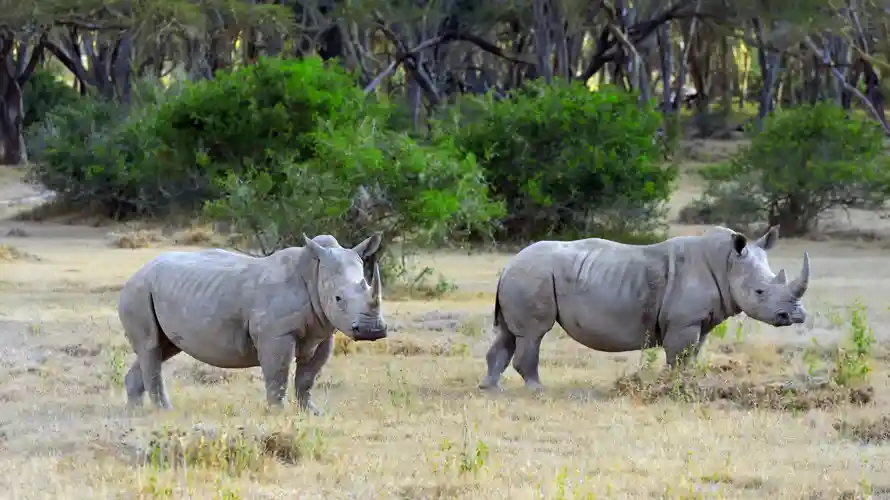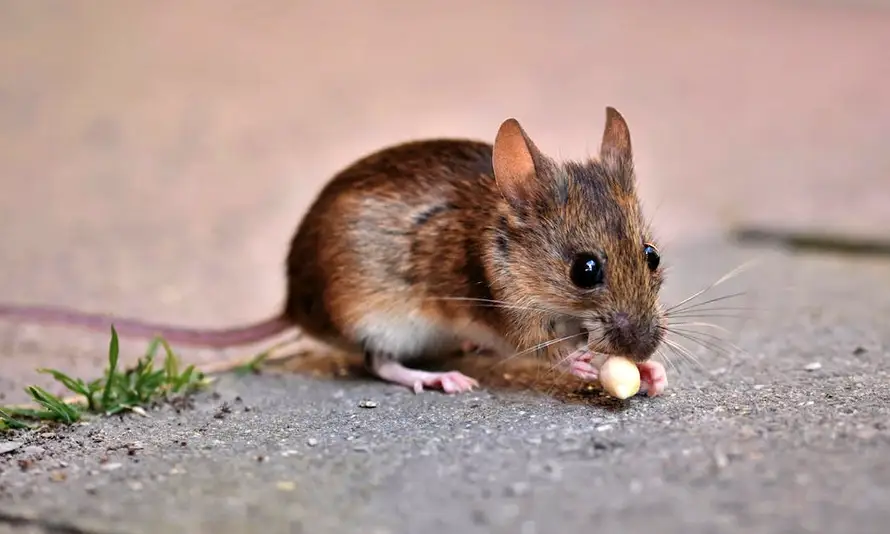“Mycoforestry: This revolutionary approach involves cultivating edible mushrooms within forests, offering a compelling dual solution to the pressing challenges of food scarcity and environmental preservation”

In a year marked by Oregon’s legalization of psilocybin mushrooms and the cinematic resurrection of the Mushroom Kingdom, a pioneering development has surfaced—mycoforestry. This innovative technique involves cultivating edible mushrooms within forests, offering a dual solution to food shortages and environmental conservation.
Decoding Mycoforestry’s Significance
Rapid deforestation, claiming over 11 million acres annually, predominantly driven by agricultural expansion, has led to a staggering loss equivalent to the combined area of Texas, California, New York, and Indiana over three decades. Professors Alistair Jump and Paul Thomas from the University of Stirling champion mycoforestry’s potential, advocating through a groundbreaking study.
Environmental Impact and Climate Mitigation
Mycoforestry holds promise in reconciling the perpetual conflict between food production and forest preservation. The intricate symbiotic relationship between trees and mushrooms, facilitated by mycelium, intricately supports mutual growth. Unlike other food production methods that emit carbon, mycoforestry’s association with living trees aids in carbon sequestration, effectively reducing atmospheric carbon levels.
Nourishing the Planet
The nutritional value and delectable nature of mushrooms present a solution to global food scarcity. If efficiently scaled, mycoforestry could potentially provide sustenance for millions annually, alleviating hunger crises. Professor Thomas estimates that integrating mycoforestry over the past decade could have nourished 18.9 million people annually.
Addressing Agricultural and Forestry Dilemmas
The dominance of agriculture in global deforestation has led to dire consequences, destabilizing climates and compromising sustainable food production. Mycoforestry, a fusion of farming and forestry, offers a solution by cultivating edible mushrooms around living trees, rejuvenating forests, and meeting food demands sustainably.
Benefits, Challenges, and Future Outlook
While mycoforestry offers a carbon-negative and nature-positive approach, sequestering significant carbon and bolstering biodiversity, challenges exist in scaling up this practice. Lower yields compared to industrial farming, susceptibility to animal predation, and the absence of mechanization pose obstacles. Nonetheless, the potential benefits in averting deforestation, preserving biodiversity, and ensuring food stability render mycoforestry a promising and transformative approach for a sustainable future.
Hi…Just have a look at this also!






